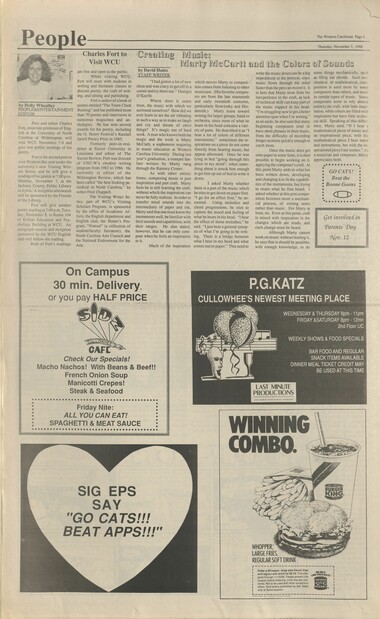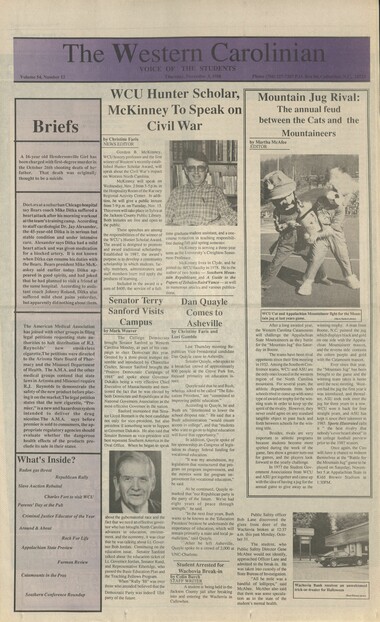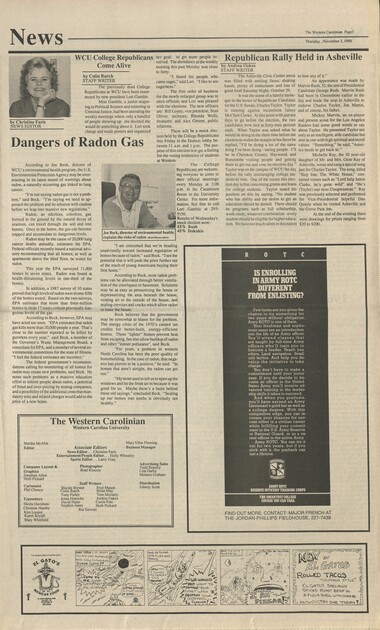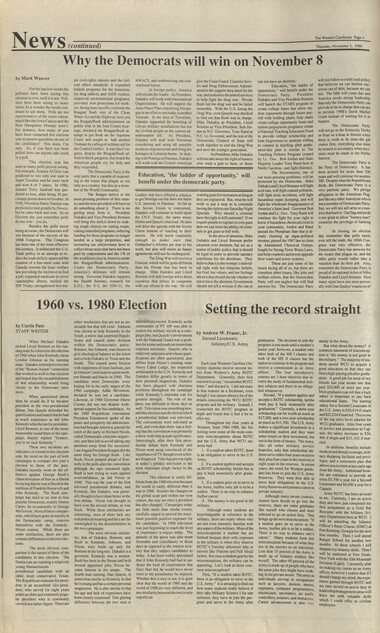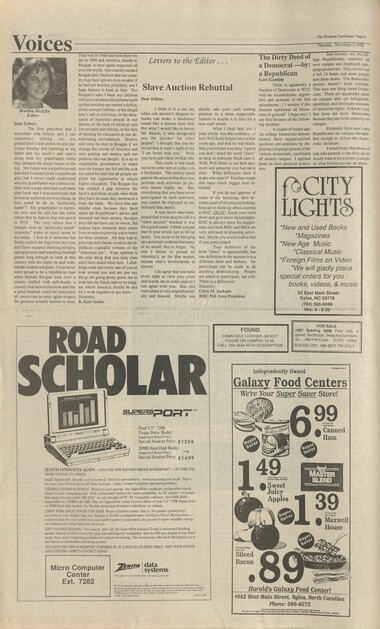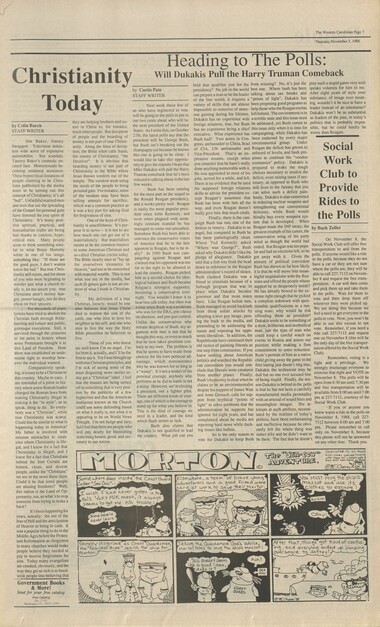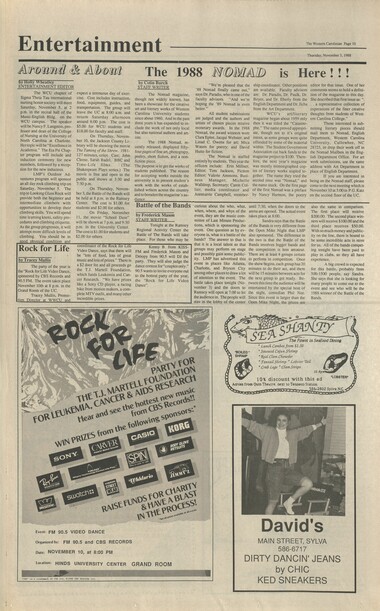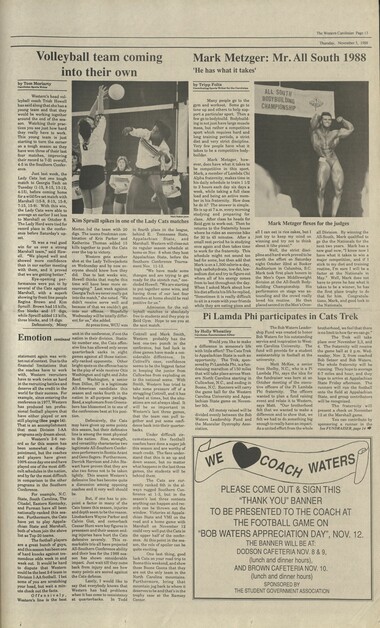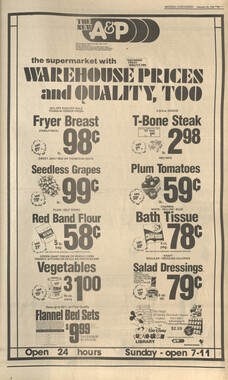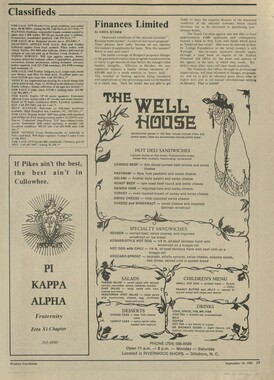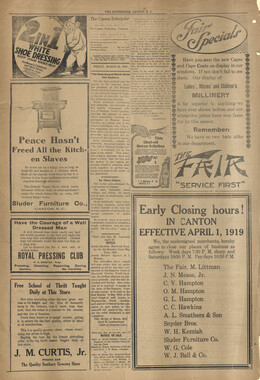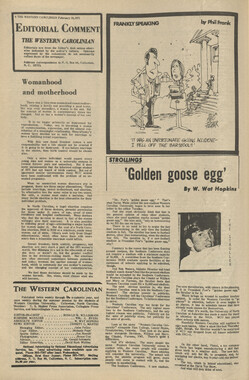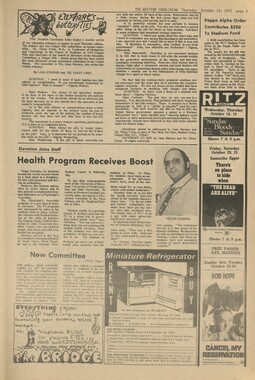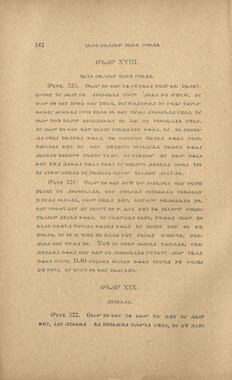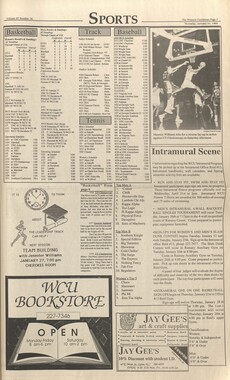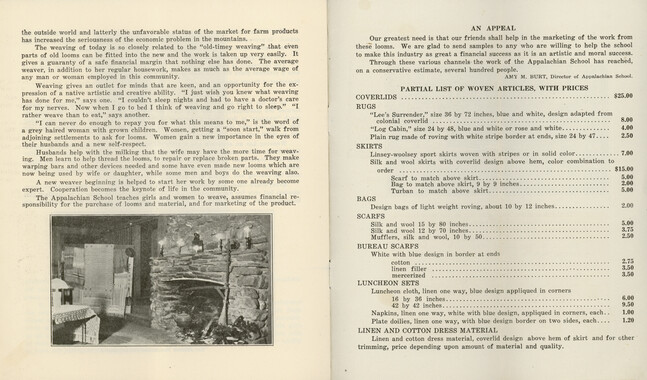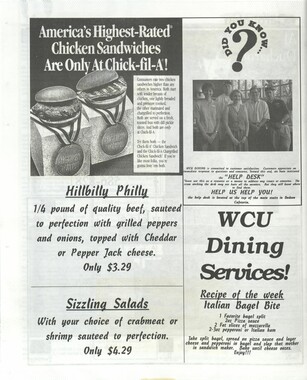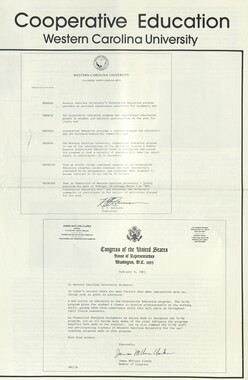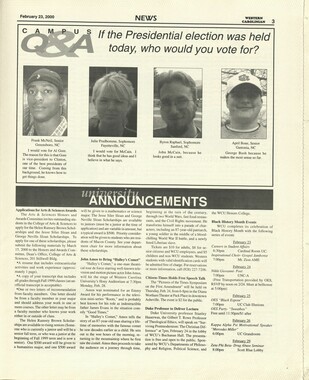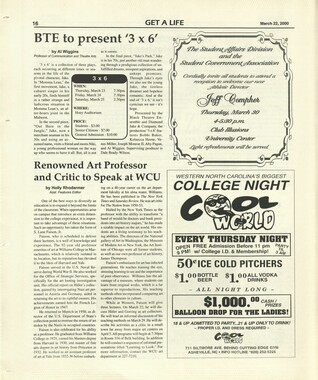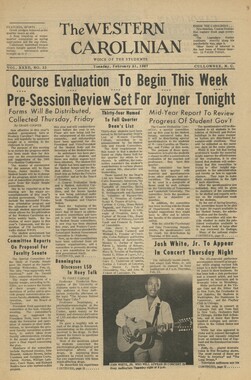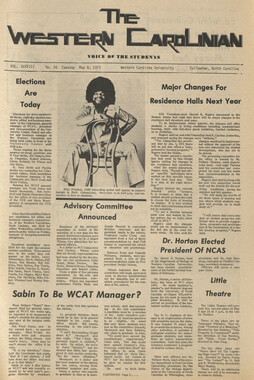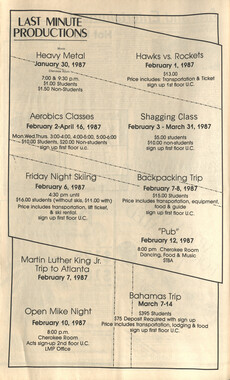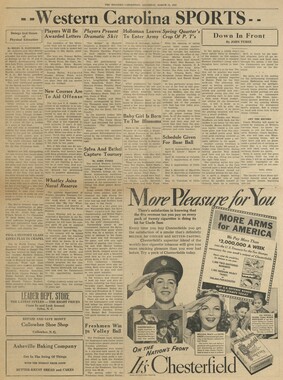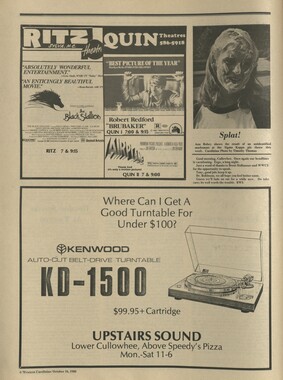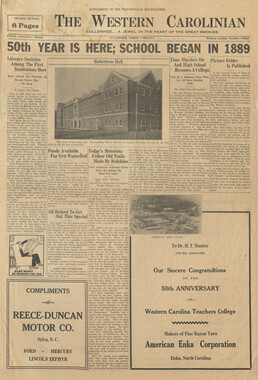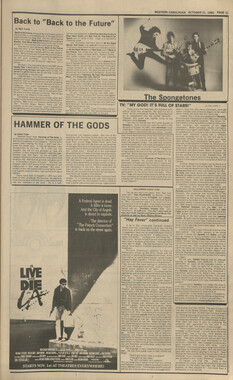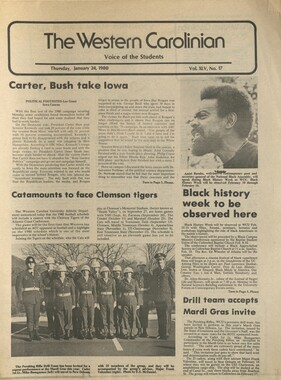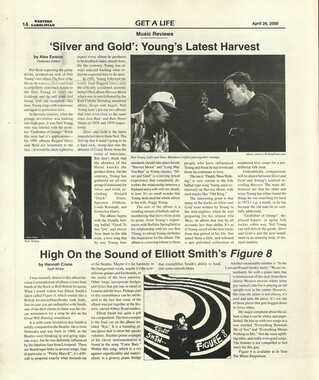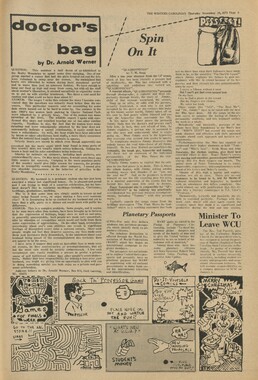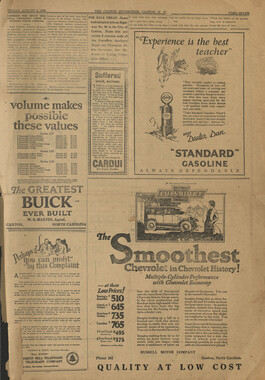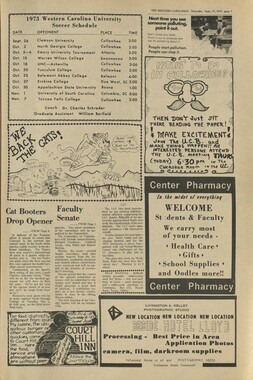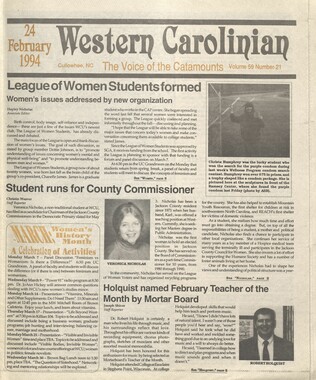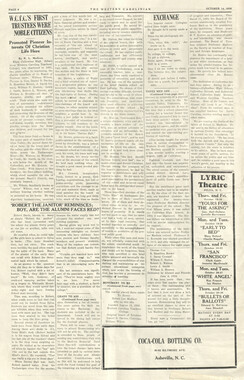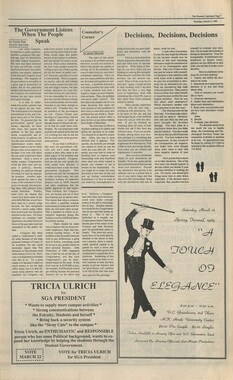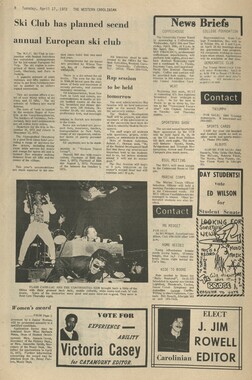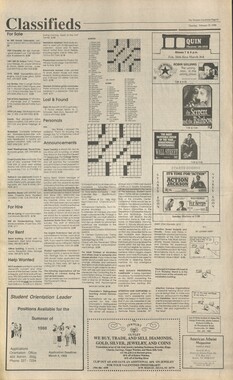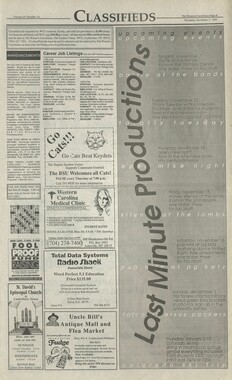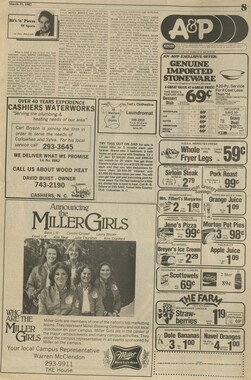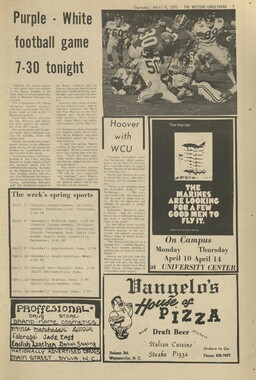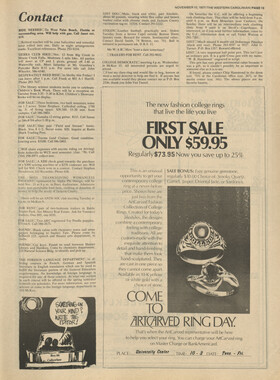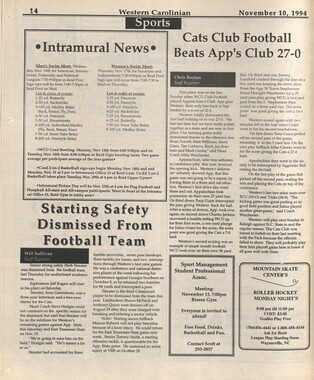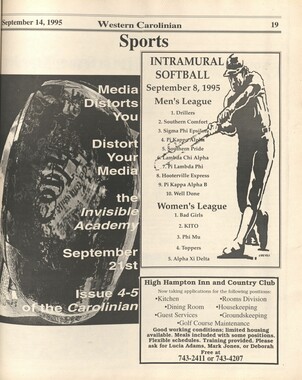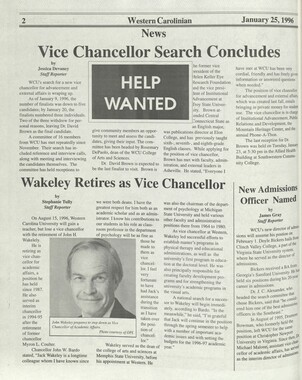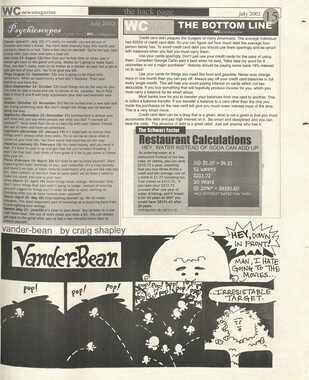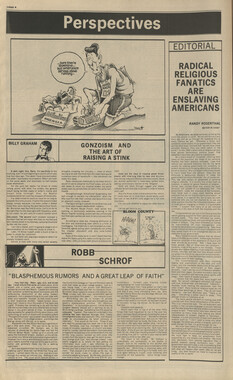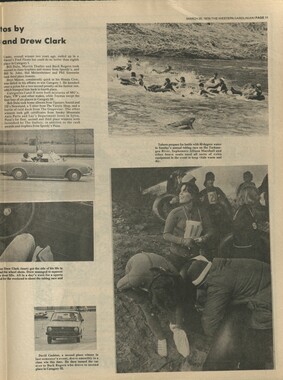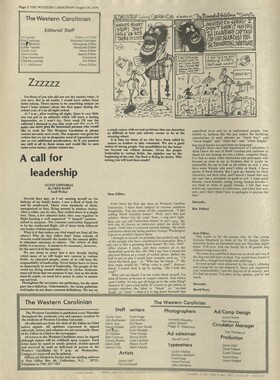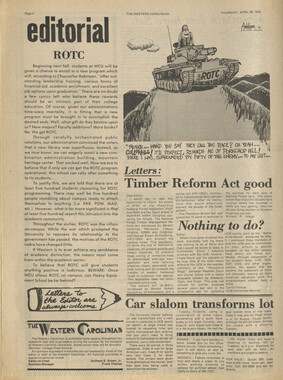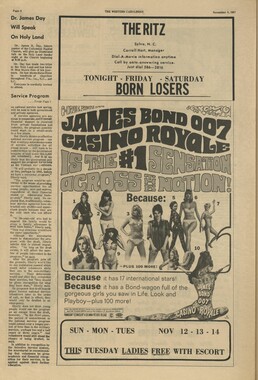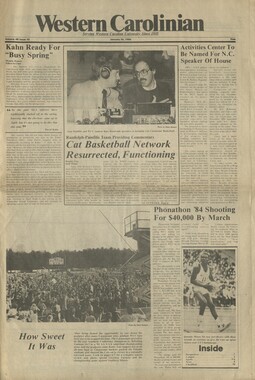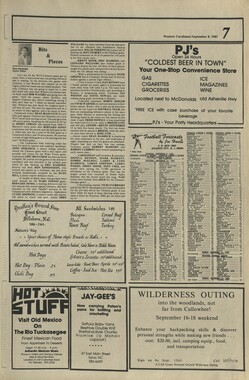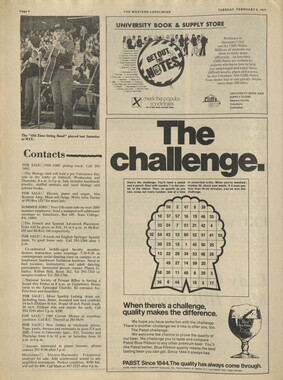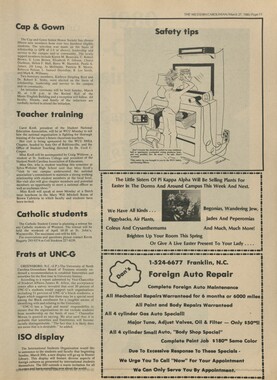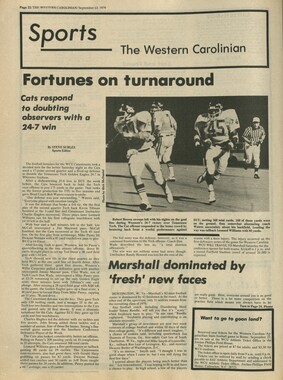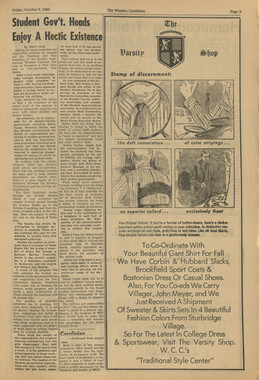Western Carolina University (20)
View all
- Canton Champion Fibre Company (2308)
- Cherokee Traditions (293)
- Civil War in Southern Appalachia (165)
- Craft Revival (1942)
- Great Smoky Mountains - A Park for America (2767)
- Highlights from Western Carolina University (430)
- Horace Kephart (941)
- Journeys Through Jackson (154)
- LGBTQIA+ Archive of Jackson County (26)
- Oral Histories of Western North Carolina (314)
- Picturing Appalachia (6772)
- Stories of Mountain Folk (413)
- Travel Western North Carolina (160)
- Western Carolina University Fine Art Museum Vitreograph Collection (129)
- Western Carolina University Herbarium (92)
- Western Carolina University: Making Memories (708)
- Western Carolina University Publications (2283)
- Western Carolina University Restricted Electronic Theses and Dissertations (146)
- Western North Carolina Regional Maps (71)
- World War II in Southern Appalachia (131)
University of North Carolina Asheville (6)
View all
- Allanstand Cottage Industries (62)
- Appalachian National Park Association (53)
- Bennett, Kelly, 1890-1974 (1388)
- Berry, Walter (76)
- Brasstown Carvers (40)
- Carver, George Washington, 1864?-1943 (26)
- Cathey, Joseph, 1803-1874 (1)
- Champion Fibre Company (233)
- Champion Paper and Fibre Company (297)
- Cherokee Indian Fair Association (16)
- Cherokee Language Program (22)
- Crowe, Amanda (40)
- Edmonston, Thomas Benton, 1842-1907 (7)
- Ensley, A. L. (Abraham Lincoln), 1865-1948 (275)
- Fromer, Irving Rhodes, 1913-1994 (70)
- George Butz (BFS 1907) (46)
- Goodrich, Frances Louisa (120)
- Grant, George Alexander, 1891-1964 (96)
- Heard, Marian Gladys (60)
- Kephart, Calvin, 1883-1969 (15)
- Kephart, Horace, 1862-1931 (313)
- Kephart, Laura, 1862-1954 (39)
- Laney, Gideon Thomas, 1889-1976 (439)
- Masa, George, 1881-1933 (61)
- McElhinney, William Julian, 1896-1953 (44)
- Niggli, Josephina, 1910-1983 (10)
- North Carolina Park Commission (105)
- Osborne, Kezia Stradley (9)
- Owens, Samuel Robert, 1918-1995 (11)
- Penland Weavers and Potters (36)
- Roberts, Vivienne (15)
- Roth, Albert, 1890-1974 (142)
- Schenck, Carl Alwin, 1868-1955 (1)
- Sherrill's Photography Studio (2565)
- Southern Highland Handicraft Guild (127)
- Southern Highlanders, Inc. (71)
- Stalcup, Jesse Bryson (46)
- Stearns, I. K. (213)
- Thompson, James Edward, 1880-1976 (226)
- United States. Indian Arts and Crafts Board (130)
- USFS (683)
- Vance, Zebulon Baird, 1830-1894 (1)
- Weaver, Zebulon, 1872-1948 (58)
- Western Carolina College (230)
- Western Carolina Teachers College (282)
- Western Carolina University (1794)
- Western Carolina University. Mountain Heritage Center (18)
- Whitman, Walt, 1819-1892 (10)
- Wilburn, Hiram Coleman, 1880-1967 (73)
- Williams, Isadora (3)
- Cain, Doreyl Ammons (0)
- Crittenden, Lorraine (0)
- Rhodes, Judy (0)
- Smith, Edward Clark (0)
- Appalachian Region, Southern (2399)
- Asheville (N.C.) (1917)
- Avery County (N.C.) (26)
- Blount County (Tenn.) (161)
- Buncombe County (N.C.) (1671)
- Cherokee County (N.C.) (283)
- Clay County (N.C.) (555)
- Graham County (N.C.) (233)
- Great Smoky Mountains National Park (N.C. and Tenn.) (510)
- Haywood County (N.C.) (3522)
- Henderson County (N.C.) (70)
- Jackson County (N.C.) (4692)
- Knox County (Tenn.) (25)
- Knoxville (Tenn.) (12)
- Lake Santeetlah (N.C.) (10)
- Macon County (N.C.) (420)
- Madison County (N.C.) (211)
- McDowell County (N.C.) (39)
- Mitchell County (N.C.) (132)
- Polk County (N.C.) (35)
- Qualla Boundary (981)
- Rutherford County (N.C.) (76)
- Swain County (N.C.) (2113)
- Transylvania County (N.C.) (247)
- Watauga County (N.C.) (12)
- Waynesville (N.C.) (73)
- Yancey County (N.C.) (72)
- Aerial Photographs (3)
- Aerial Views (60)
- Albums (books) (4)
- Articles (1)
- Artifacts (object Genre) (228)
- Bibliographies (1)
- Biography (general Genre) (2)
- Cards (information Artifacts) (38)
- Clippings (information Artifacts) (191)
- Crafts (art Genres) (622)
- Depictions (visual Works) (21)
- Design Drawings (1)
- Drawings (visual Works) (184)
- Envelopes (73)
- Facsimiles (reproductions) (1)
- Fiction (general Genre) (4)
- Financial Records (12)
- Fliers (printed Matter) (67)
- Glass Plate Negatives (381)
- Guidebooks (2)
- Internegatives (10)
- Interviews (812)
- Land Surveys (102)
- Letters (correspondence) (1013)
- Manuscripts (documents) (619)
- Maps (documents) (177)
- Memorandums (25)
- Minutes (administrative Records) (59)
- Negatives (photographs) (5835)
- Newsletters (1285)
- Newspapers (2)
- Occupation Currency (1)
- Paintings (visual Works) (1)
- Pen And Ink Drawings (1)
- Periodicals (193)
- Personal Narratives (10)
- Photographs (12976)
- Plans (maps) (1)
- Poetry (7)
- Portraits (1960)
- Postcards (329)
- Programs (documents) (151)
- Publications (documents) (2237)
- Questionnaires (65)
- Scrapbooks (282)
- Sheet Music (2)
- Slides (photographs) (402)
- Songs (musical Compositions) (2)
- Sound Recordings (796)
- Specimens (92)
- Speeches (documents) (15)
- Tintypes (photographs) (8)
- Transcripts (322)
- Video Recordings (physical Artifacts) (23)
- Vitreographs (129)
- Text Messages (0)
- A.L. Ensley Collection (275)
- Appalachian Industrial School Records (7)
- Appalachian National Park Association Records (336)
- Axley-Meroney Collection (2)
- Bayard Wootten Photograph Collection (20)
- Bethel Rural Community Organization Collection (7)
- Blumer Collection (5)
- C.W. Slagle Collection (20)
- Canton Area Historical Museum (2110)
- Carlos C. Campbell Collection (282)
- Cataloochee History Project (65)
- Cherokee Studies Collection (4)
- Daisy Dame Photograph Album (5)
- Daniel Boone VI Collection (1)
- Doris Ulmann Photograph Collection (112)
- Elizabeth H. Lasley Collection (1)
- Elizabeth Woolworth Szold Fleharty Collection (4)
- Frank Fry Collection (95)
- George Masa Collection (173)
- Gideon Laney Collection (452)
- Hazel Scarborough Collection (2)
- Hiram C. Wilburn Papers (28)
- Historic Photographs Collection (236)
- Horace Kephart Collection (861)
- Humbard Collection (33)
- Hunter and Weaver Families Collection (1)
- I. D. Blumenthal Collection (4)
- Isadora Williams Collection (4)
- Jesse Bryson Stalcup Collection (47)
- Jim Thompson Collection (224)
- John B. Battle Collection (7)
- John C. Campbell Folk School Records (80)
- John Parris Collection (6)
- Judaculla Rock project (2)
- Kelly Bennett Collection (1407)
- Love Family Papers (11)
- Major Wiley Parris Civil War Letters (3)
- Map Collection (12)
- McFee-Misemer Civil War Letters (34)
- Mountain Heritage Center Collection (4)
- Norburn - Robertson - Thomson Families Collection (44)
- Pauline Hood Collection (7)
- Pre-Guild Collection (2)
- Qualla Arts and Crafts Mutual Collection (12)
- R.A. Romanes Collection (681)
- Rosser H. Taylor Collection (1)
- Samuel Robert Owens Collection (94)
- Sara Madison Collection (144)
- Sherrill Studio Photo Collection (2558)
- Smoky Mountains Hiking Club Collection (616)
- Stories of Mountain Folk - Radio Programs (374)
- The Reporter, Western Carolina University (510)
- Venoy and Elizabeth Reed Collection (16)
- WCU Gender and Sexuality Oral History Project (32)
- WCU Mountain Heritage Center Oral Histories (25)
- WCU Oral History Collection - Mountain People, Mountain Lives (71)
- WCU Students Newspapers Collection (1744)
- Western North Carolina Tomorrow Black Oral History Project (69)
- William Williams Stringfield Collection (2)
- Zebulon Weaver Collection (109)
- African Americans (390)
- Appalachian Trail (35)
- Artisans (521)
- Cherokee art (84)
- Cherokee artists -- North Carolina (10)
- Cherokee language (21)
- Cherokee pottery (101)
- Cherokee women (208)
- Church buildings (167)
- Civilian Conservation Corps (U.S.) (110)
- College student newspapers and periodicals (1830)
- Dams (103)
- Dance (1023)
- Education (222)
- Floods (61)
- Folk music (1015)
- Forced removal, 1813-1903 (2)
- Forest conservation (220)
- Forests and forestry (1058)
- Gender nonconformity (4)
- Great Smoky Mountains National Park (N.C. and Tenn.) (181)
- Hunting (38)
- Landscape photography (10)
- Logging (103)
- Maps (84)
- Mines and mineral resources (8)
- North Carolina -- Maps (18)
- Paper industry (38)
- Postcards (255)
- Pottery (135)
- Railroad trains (71)
- Rural electrification -- North Carolina, Western (3)
- School integration -- Southern States (2)
- Segregation -- North Carolina, Western (5)
- Slavery (5)
- Sports (452)
- Storytelling (245)
- Waterfalls -- Great Smoky Mountains (N.C. and Tenn.) (66)
- Weaving -- Appalachian Region, Southern (280)
- Wood-carving -- Appalachian Region, Southern (328)
- World War, 1939-1945 (173)
Western Carolinian Volume 54 Number 12
Item
Item’s are ‘child’ level descriptions to ‘parent’ objects, (e.g. one page of a whole book).
-
-
People The Western Carolinian Page 8 Thursday, November 3, 1988 by Holly Wheatley PEOPLE&ENTERTAINMENT EDITOR Poet and editor Charles Fortj. associate professor of English at the University of North Carolina at Wilmington, will visit WCU November 7-8 and give two public readings of his poetry. Fort is the second poet to visit Western this year under the university's new Visiting Writers Series, and he will give a reading of his poetry at 7:00 p.m. Monday, November 7, at the Jackson County Public Library in Sylva. A reception afterwards will be sponsored by the Friends of the Library. Fort will give another poetry reading at 7:00 p.m. Tuesday, November 8, in Room 104 of Killian Education and Psychology Building at WCU. An autograph session and reception sponsored by the WCU English club will follow the reading. Both of Fort's readings Charles Fort to Visit WCU are free and open to the public. While visiting WCU, Fort will meet with students in writing and literature classes to discuss poetry, the craft of writing, and editing and publishing. Fort is author of a book of poems entitled "The Town Clock Burning" and has published more than 70 poems and interviews in numerous magazines and anthologies. He has won several awards for his poetry, including the O. Henry Festival's Randall Jarrell Poetry Prize in 1985. Formerly poet-in-resi- dence at Xavier University in Louisiana and editor of The Xavier Review, Fort was director of UNC-W's creative writing program from 1982 to 1986. He currently is editor of the Wilmington Review, which has been called "the best-looking periodical in North Carolina," by writer Fred Chappell. The Visiting Writer Series, part of WCU's Visiting Scholars Program, is sponsored by the office of Academic Affairs, the English department and English club, the Honor's Program, "Nomad" (a collection of student/faculty literature), the North Carolina Arts Council and the National Endowment for the Arts. Cir®ai'13iQg Mirtes by David Hutto STAFF WRITER MsiiPdj MceCfurHl &QQ(fl tMh© €®[Iots «d(F ScdtohMs "I had gotten a lot of new ideas and was crazy to get off in a comer and try them out." Georgia O'Keeffe Where does it come from, the music with which we surround ourselves? How did we ever leam to set the air vibrating in such a way as to make us laugh and cry and dream of other things? It's magic out of hard work. A man who knows both the magic and the work is Marty McCartt, a sophomore majoring in music education at Western Carolina University. During last year's graduation, a trumpet fanfare written by Marty rang through the Ramsey Center. As with other artistic forms, composing music is part inspiration and part craft. Marty feels he is still learning the craft, without which the inspiration can never be fully realizes. In order to transfer mind sounds into the intermediary of paper and ink, Marty said that one must know the instruments well, be familiar with their sounds and capabilities, with their ranges. He also stated, however, that he can only compose when he feels an inspiration to it. Much of the inspiration which moves Marty to composition comes from listening to other musicians. (His favorite composers are from the late nineteenth and early twentieth centuries, particularly Stravinsky and Hin- demith.) Marty leans toward writing for larger groups, band or orchestra, since most of what he hears in his head contains a variety of parts. He described it as "I hear a lot of colors of different instruments." sometimes the inspirations on a piece do not come directly from hearing music, but appear afterward. Once he was lying in bed "going through this piece in my mind", when something about it struck him enough to get him up out of bed to write it down. I asked Marty whether there is a part of the music which he tries to get down on paper first. "I go for an effect first," he answered. Using melodies and chord progressions, he tries to capture the mood and feeling of what he hears in his head. "I hear the effect of those melodies," he said. "I just hear a general synopsis of what I'm going to be writing. There is a bridge between what I hear in my head and what comes out on paper." This need to write the music down can be a big impediment to the process, since music flows through the mind faster than the pen can record it. It is here that Marty most feels his inexperience in the craft, as lack of technical skill can keep part of the music trapped in his head. "I'm struggling now to get a better attention span when I'm writing." as an aside, he also said that many beginning composers tend to have short phrases in their music, from the difficulty of recording longer sections quickly enough to catch them. Once the music does get onto paper in some form, it is then possible to begin working on it, applying the composer's craft. At this point Marty adds to what has been written down, developing and changing it to fit the capabilities of the instruments, but trying to retain what he first heard. I asked whether at this pint composition becomes more a mechanical process, of writing notes rather than music. For Marty at least, no. Even at this point, craft is mixed with inspiration in the changes which are made, and each change must be heard. Although Marty cannot work on music without hearing it, he says that is should be possible, with enough knowledge, to do some things mechanically, such as filing out chords. Such mechanical, or mathematical, composition is used more by some composers than others, and more in certain types of music. Some composers seem to rely almost entirely on craft, with little inspiration, while others are filled with inspiration but have little technical skill. Speaking of this difference, Marty said, "If I hear a mathematical piece of music and an inspirational piece, with the mathematical piece I hear notes and instruments, but with the inspirational piece I sec scenes." As a musician and composer, Marty appreciates both. • GO CATS! • Beat the ! Boone Goons <o> Qit involved in 'Parents' 'Day 9{pv. 12 On Campus 30 min. Delivery, or you pay HALF PRICE Check Our Specials! Macho Nachos! With Beans & Beef!! French Onion Soup Manicotti Crepes! Steak & Seafood I Friday Nite: ALL YOU CAN EAT! SPAGHETTI & MEAT SAUCE P.G.KATZ CULLOWHEE'S NEWEST MEETING PLACE WEDNESDAY & THURSDAY 8pm - 11pm FRIDAY &SATURDAY 8pm - 12mn 2nd Floor UC WEEKLY SHOWS & FOOD SPECIALS BAR FOOD AND REGULAR SNACK ITEMS AVAILABLE DINNER MEAL TICKET CREDIT MAY BE USED AT THIS TIME LAST MINUTE PRODUCTIONS your student entertainment connection WINNING COMBO. whopper; urge fries, regular soft drink Order a Whopper, large size french fries and regular soft drink for $2.79. This offer good through 11/15/88. Please present this coupon before ordering. Limit one per customer. Not to be used with other coupons or offers. Void where prohibited by law. Good only at Sylva location. WE DO IT OtCVOVDOOrt
Object
Object’s are ‘parent’ level descriptions to ‘children’ items, (e.g. a book with pages).
-
The Western Carolinian is Western Carolina University’s student-run newspaper. The paper was published as the Cullowhee Yodel from 1924 to 1931 before changing its name to The Western Carolinian in 1933.
-
